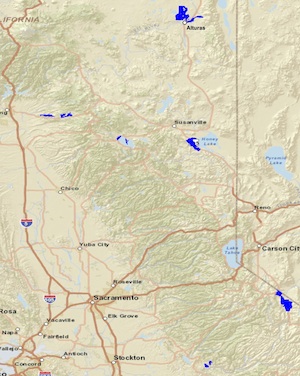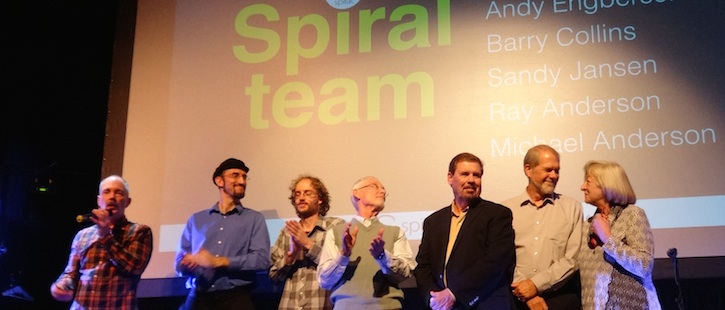Colorado cities vote for muni broadband, in concept

If you had to choose a single issue, broadband would have been better.
Besides confounding conventional political wisdom by turfing out an incumbent democrat in favor of a hard-to-pin-down republican, Colorado voters said yes to repatriating municipal broadband decisions in a big way.
Colorado state law requires voters to approve municipal broadband systems – a simple vote by the city council isn’t enough. According to the Washington Post, voters in 7 cities and counties voted to approve it…
… MoreIn Boulder, locals voted on whether the city should be “authorized to provide high-speed Internet services (advanced services), telecommunications services, and/or cable television services to residents, businesses, schools, libraries, nonprofit entities and other users of such services.”


![By John Harwood (Flickr: Cholmondeley Horse Trials 2011 (185).JPG) [CC-BY-2.0 (https://creativecommons.org/licenses/by/2.0)], via Wikimedia Commons](https://www.tellusventure.com/blog/images/2014/11/refusal.jpg)



![By MobiusDaXter (Own work) [CC-BY-SA-3.0 (https://creativecommons.org/licenses/by-sa/3.0)], via Wikimedia Commons](https://www.tellusventure.com/blog/images/2014/10/fedex.jpg)
![By Jaredcreech at en.wikipedia (Transferred from en.wikipedia) [Public domain], from Wikimedia Commons](https://www.tellusventure.com/blog/images/2014/10/old_dog.jpg)
![By Kander (Own work) [Public domain], via Wikimedia Commons](https://www.tellusventure.com/blog/images/2014/10/carrot.jpg)
